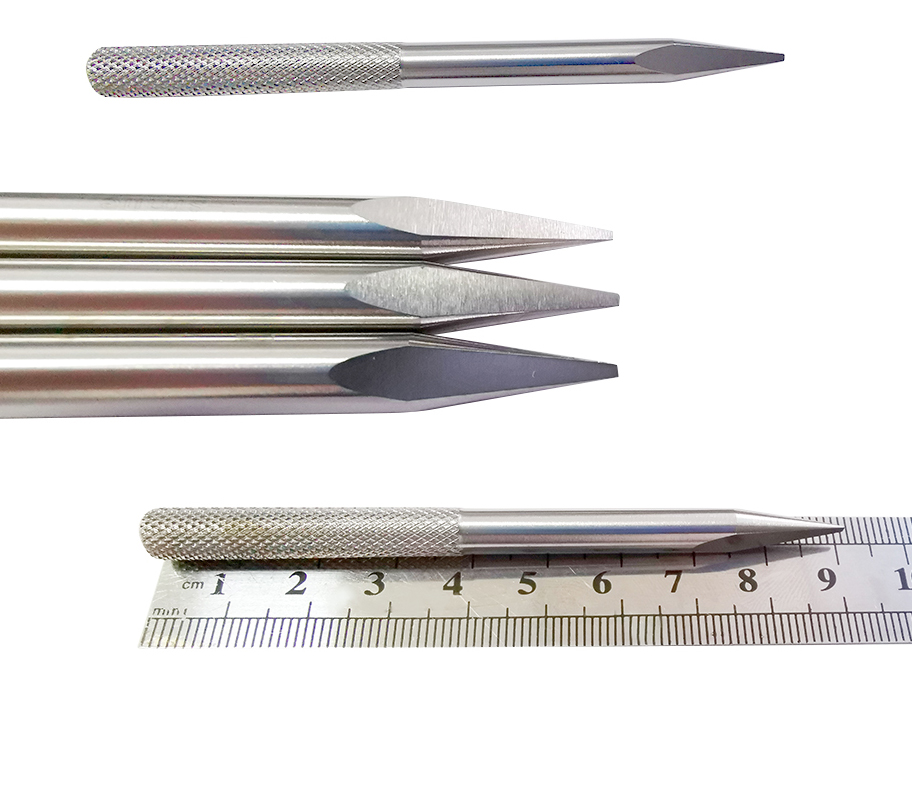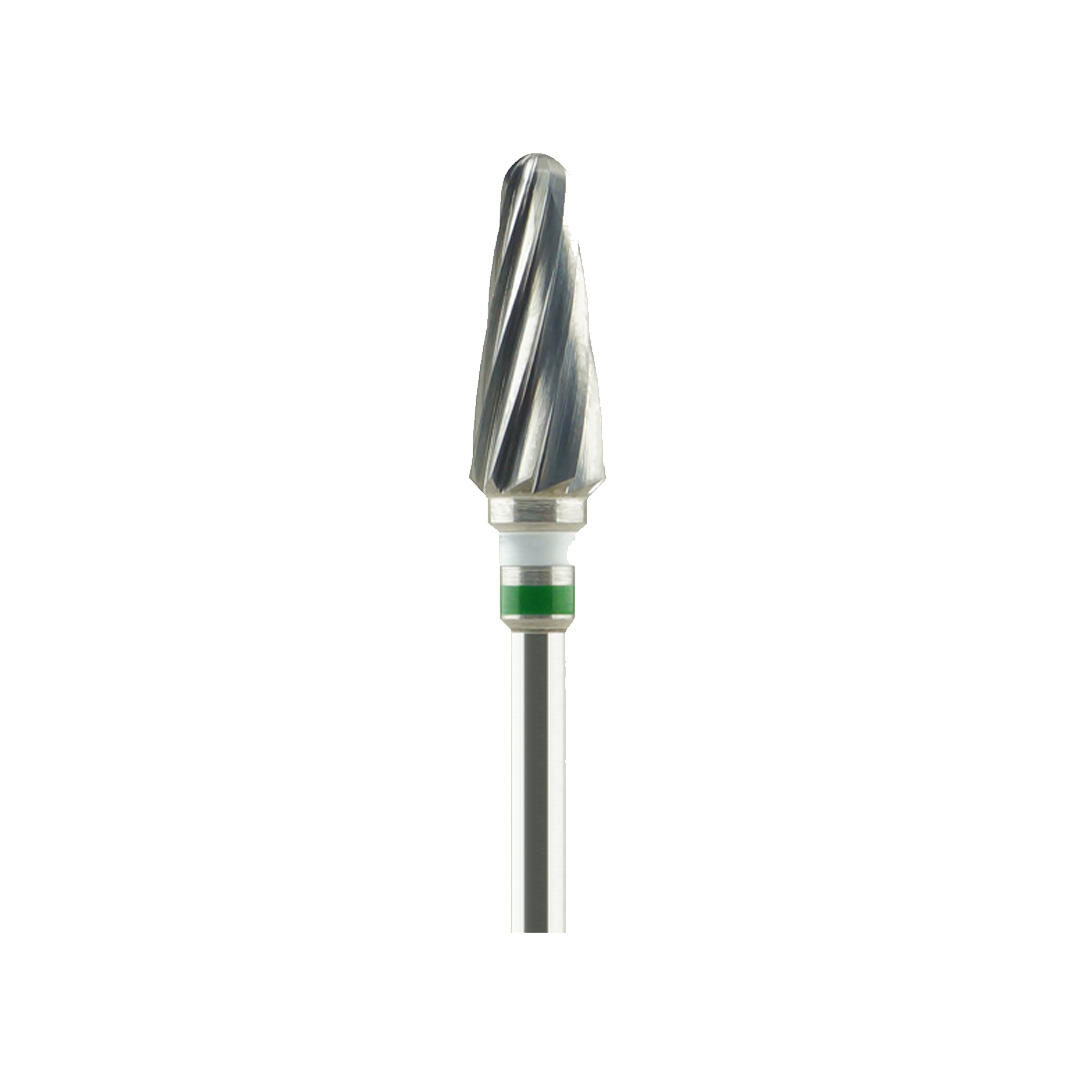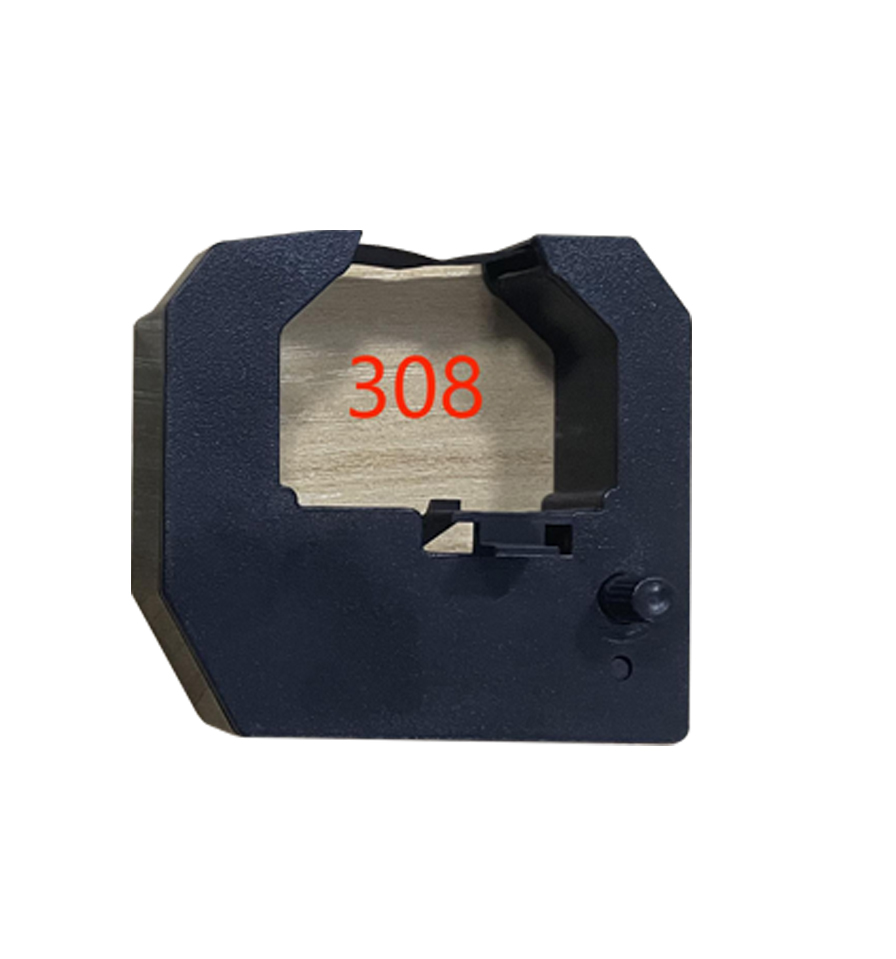dental instruments types
Dental instruments represent a comprehensive array of specialized tools essential for modern dental procedures. These instruments encompass diagnostic tools like dental mirrors and probes, restorative instruments including burs and amalgam carriers, periodontal tools such as scalers and curettes, and surgical implements like forceps and elevators. Each category serves specific functions in dental care, incorporating advanced materials like surgical-grade stainless steel and ergonomic designs for optimal performance. Modern dental instruments feature innovative technologies such as LED illumination, ultrasonic capabilities, and precision-engineered tips for enhanced accuracy. These tools are designed with both practitioner comfort and patient safety in mind, often incorporating antimicrobial coatings and autoclave-compatible materials. The instruments undergo rigorous quality control processes to ensure durability and reliability in clinical settings. Many contemporary dental instruments also feature modular designs, allowing for interchangeable parts and easier maintenance, while advanced coating technologies help maintain sharpness and reduce wear over time.


